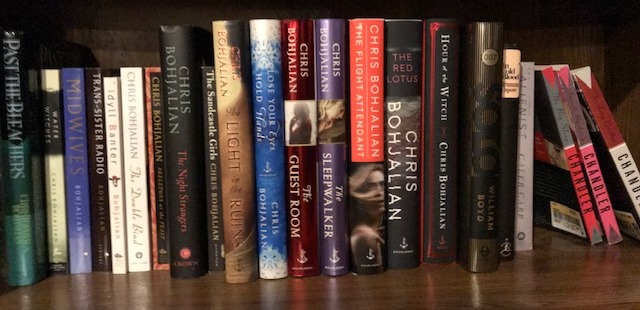
I tried to read Toni Morrison’s revered Beloved soon after it was released in 1987 but found it impenetrable. I recently read Margaret Atwood’s contemporary review in New York Times, and it gave me a base upon which to ground my reading. I gave it another try.
Both in its subject matter and in its complexity, Beloved is an immensely difficult book to read. At 324 pages it is not long, but it is of necessity a slow read, one in which the reader must give full concentration to absorb its meaning. Non-linear, with multiple points of view, in part realistic, in part ethereal, a ghost story, a story filled with memories, it must be consumed slowly, purposefully.
It is 1873, in the South. Blacks are technically free, but that is not their reality. Thirty-something Sethe has had four children, two boys, two girls. The youngest, unnamed, died at the age of two under hidden circumstances which come to light as the story unfolds. On the baby’s headstone, Sethe wishes to have engraved “Dearly Beloved,” words from the funeral service that touched her. But she can afford only one word; she chose “Beloved,” and the way she pays the engraver is heart-wrenching and terrible. Beloved’s ghost haunts the house in which Sethe and the rest of the family resides. Later she appears in visible form. Or does she?
This is a story about slavery. Morrison “render[s] slavery as a personal experience.” Characters’ histories are revealed through their memories, which are increasingly awful and horrifying. (Morrison tells us that “the herculean effort to forget [is] threatened by memory desperate to stay alive”). It is a story in which human beings are property, treated like animals or worse. Physical cruelty is equaled by emotional cruelty, with families regularly torn apart, where birthing children is a requirement but parenting them is unthinkable.
Beloved is multi-layered, profound, shattering, filled with pain, loss, love, forgiveness.
Beloved.
A masterpiece.
